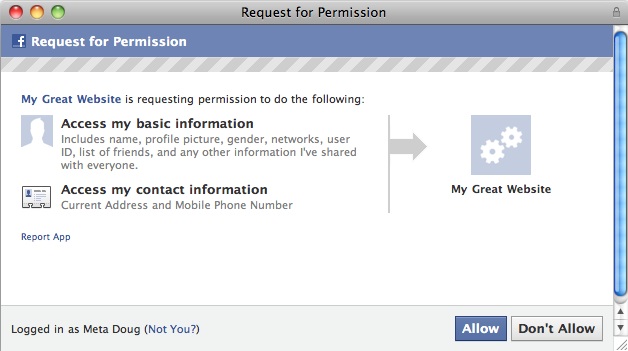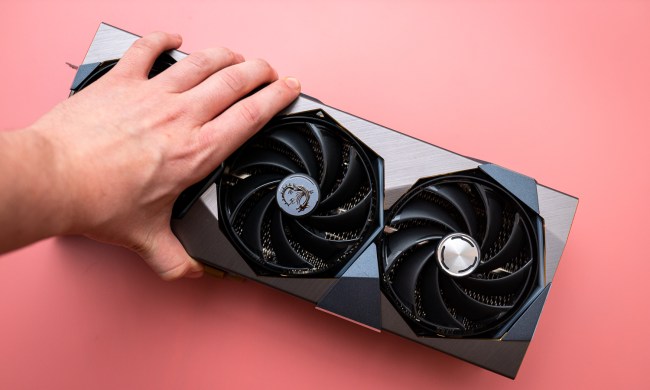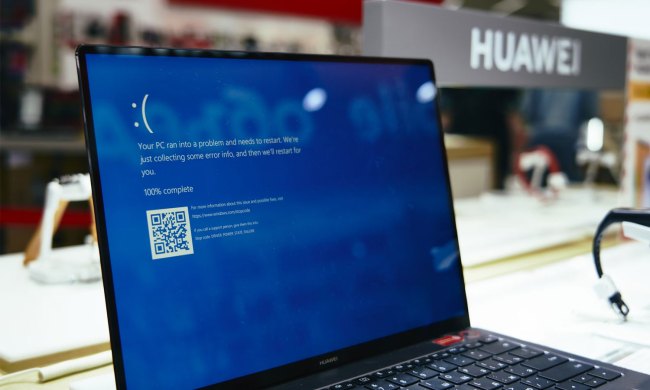Just yesterday, The Social Network took home four Golden Globe awards, but now Facebook is letting developers take your home address. In a Developer Blog post on Friday, Facebook’s Jeff Bowen detailed some updates to the Facebook platform. Now, applications can access any user’s home address and mobile phone number if that user allows that app access.

In theory, this sounds okay, but in practice it is bound to be abused. Like many iPhone and Android apps, on Facebook you are asked one “Allow” or “Don’t Allow” question when you choose to use an application. Developers don’t have to explain why they need your mobile number or what they plan to do with it, but if you click “Don’t Allow,” you won’t be able to use the application at all. Thus, a lot of people will agree to let apps know their home address and mobile number out of peer pressure. Developers like Zynga will use the information to sell more targeted ads.
Since the release of The Social Network, Facebook has done a great job of turning its image around including fighting app and game makers who tried to abuse user privacy. This feels like an edge in the wrong direction. The more of your information Facebook can reveal, the more money it makes on ad sales. In 2010, the social site exceeded $2 billion in sales, according to estimates.
Our question: why do developers need access to anyone’s home address? What good could they do with that information? Knowing what town a user lives in is one thing, or maybe a zip code, but the entire address is unneeded. The same goes for someone’s mobile phone number. If you want an app to text or call you, that’s one thing, but being forced to let an app know your phone number just to install it has no useful benefit. This is a disappointing regression by Facebook.
Of course, as one reader points out, you don’t have to give Facebook your address or phone number to sign up. It would be nice if the site wouldn’t abuse the information you do give it, however.
Do you think this is a big issue? Do you mind giving apps your home address?


